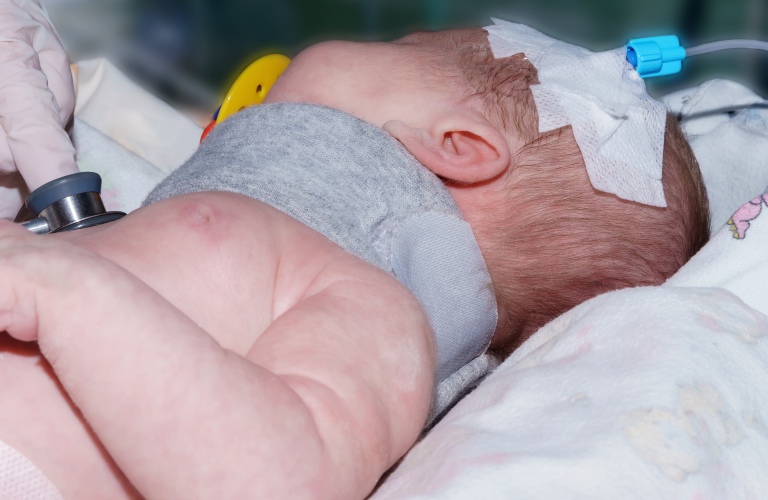Hospital polices can dramatically influence the outcome of a birth injury like Hypoxic-Ischemic Encephalopathy (HIE). This condition can result from one-off actions during delivery, but it’s more often caused by a systemic failure by the hospital and the medical care team. That’s why hospitals often establish clear and strict policies to protect mothers and newborns while also reducing their risk of medical malpractice lawsuits. But those policies don’t always work. Here’s what your Pennsylvania pediatric medical malpractice attorney wants you to understand about these policies and how they may impact your case.
Understanding HIE and Hospital Responsibilities
Hypoxic-Ischemic Encephalopathy (HIE) occurs when a newborn’s brain is deprived of oxygen. This can lead to severe neurological damage and may result in life-long disabilities. Hospitals have a fundamental responsibility to implement and adhere to policies that minimize the risk of these injuries. Some key responsibilities include the following.
Following Established Standards of Care
Hospitals and their medical care teams are expected to follow established standards of care. Failure to do so could constitute malpractice and may open the hospital and the medical care team up to a lawsuit. For HIE cases, the standard of care includes:
- Timely fetal monitoring
- Prompt interventions for fetal distress
- Appropriate resuscitation techniques
Failure to perform any of these may constitute malpractice. Your Pennsylvania pediatric medical malpractice attorney can help you determine if the medical care team violated the standard of care.
Adhering to Hospital-Specific Policies
Every hospital is permitted to establish additional policies that may be stricter than the established standards of care. The goal of these policies is to ultimately reduce the risk of liability and medical malpractice by requiring physicians, nurses, and support staff to do everything they reasonably can to preserve the safety of both mother and child.
Failure to adhere to hospital-specific policies could constitute negligence, and if those violations also fail to live up to the established standards of care that any reasonable physician at another hospital would follow, the medical care team may be liable for malpractice.
Hospitals Owe You a Duty of Care

When you seek treatment at a hospital, either before delivery or when you go into labor, the hospital owes you a duty of care. This duty of care refers to the responsibility of the medical care team to do what they can to keep you and your child safe. Failure to do that through willful negligence could result in significant and permanent injuries that threaten your child’s ability to live a normal life.
Their polices are in place to help doctors live up to that duty of care. If they don’t work or the policies encourage more relaxed behavior that ultimately violates the standard of care, you may be able to hold the medical care team and the hospital liable for their actions.
What to Do if You Think You Have a Malpractice Case
If you think you have a malpractice case after your child suffered from HIE during delivery, the first thing you should do is speak with an experienced Pennsylvania pediatric medical malpractice attorney. They’ll be able to review your case to determine if malpractice occurred. If they believe the hospital or the medical care team involved in your child’s birth acted in a way that breached the duty of care, your attorney can help you file a lawsuit to hold them accountable for their actions.
Schedule a Consultation Today
If your child was diagnosed with HIE when they were born and you believe their condition is a direct result of the actions the medical care team took during delivery, don’t wait. Schedule a consultation with Latona Law and let our experienced pediatric medical malpractice attorneys review your case. Contact us today to explore your options.

